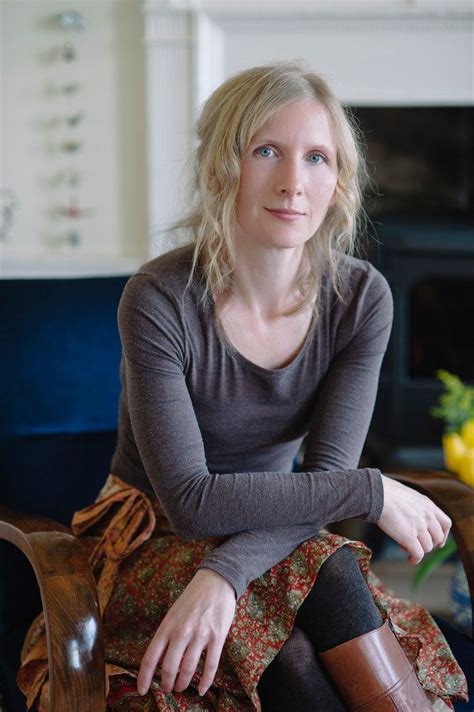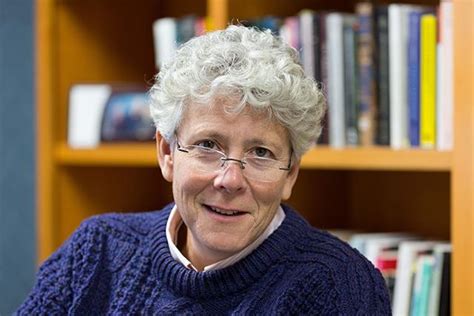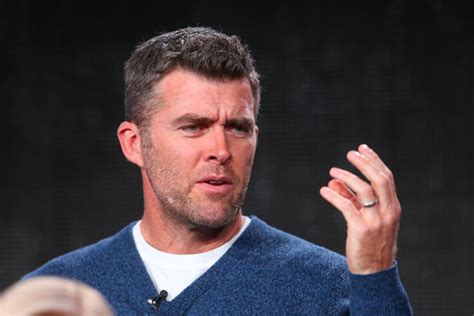A Quote by Tullian Tchividjian
God is not interested in what you think you should be or feel. He is not interested in the narrative you have construct for yourself, or that others have construct for you. He may even use suffering to deconstruct that narrative.
Related Quotes
God is not interested in what you think you should be or feel. He is not interested in the narrative you construct for yourself, or that others construct for you. Rather, He is interested in you, the you who suffers, the you who inflicts suffering on others, the you who hides, the you who has bad days (and good ones). And He meets you where you are.
I'm trying to make sure that the visual connections between the disparate elements are strong enough for the viewer to keep moving through the work. It's in paying attention to those hundreds of details that the flow of the line will guide an audience through the narrative in a way that will make them enter it enough to engage with it, and perhaps construct their own narrative.
I'm obsessed with this idea of storytellers and people who have a narrative, and sometimes sustain a relationship because they're telling a narrative and someone is listening to that. Often the nature of the relationship is determined by how well they tell the story, or someone else's ability to suspend disbelief, or infuse into their narrative something which they may not even be aware of.





































